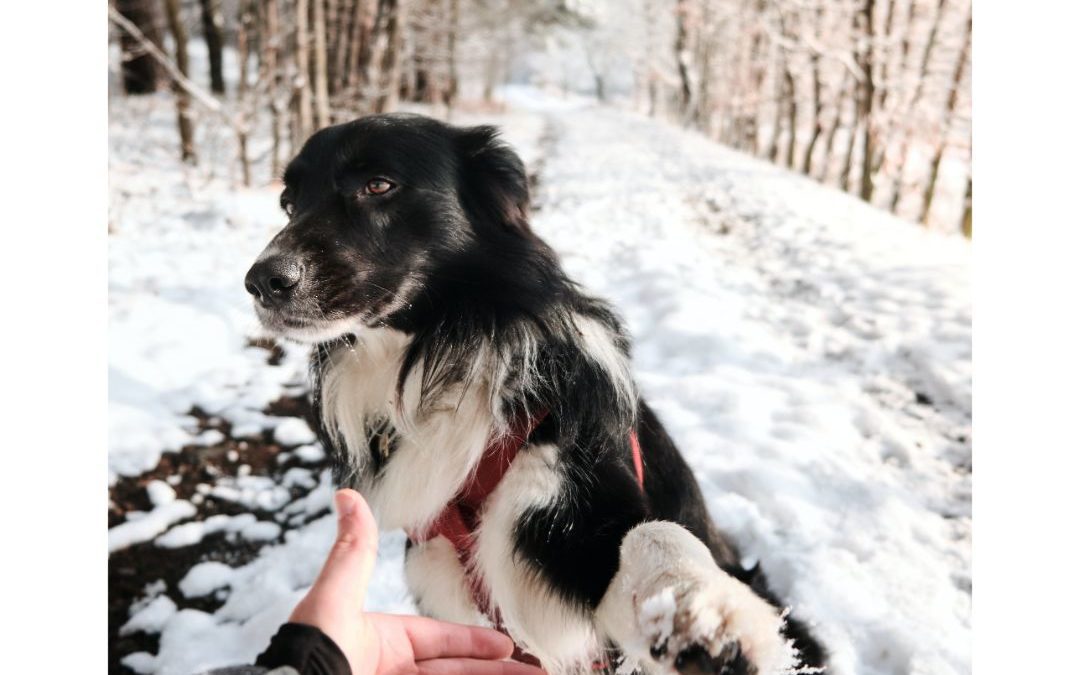Whether it’s that slurping sound dogs produce when they lick their paws or if it’s a desire to get any foreign object off their paws, there are many reasons why dogs lick their paws. If this is something you need to help address in the pup you own or one you are thinking of bringing home, there are ways to help your dog get over the habit. Here are 3 reasons why your dog could be licking its paws.
#1: Your dog has allergies
Environmental allergies frequently affect dogs, and one of the most common signs is itchy, inflamed skin, especially in the ears and on the paws. Dogs with allergies to molds and pollens routinely lick their paws after a stroll in the grass, particularly in the spring and summer. Remove the allergens from your pet’s paws with unscented baby wipes or waterless shampoo, or make a tea bath from a plain Lipton tea bag whose tannins will draw out the inflammation and allergens.
#2: Your dog is in pain
Animals lick to clean and soothe their wounds, and your dog may be suffering from a foot sprain, torn nail, or paw-pad cut that requires the healing power of constant licking. Constant licking because of arthritis pain in the wrist or hock can create a lick granuloma, which can become infected if not allowed to heal. In some cases, your pet will continue to lick at the spot long after the injury has healed, turning the licking into a behavior issue.
#3: Your dog has a behavior disorder
Boredom, anxiety, and stress can cause your pup to lick its paws obsessively. They may have a favorite paw but will often lick at both front paws and sometimes their back feet for entertainment or to help them relax. Paw licking associated with anxiety is typically seen at night when the family is unwinding for the day. You’ll notice your nervous pooch licking their paws while you watch TV or read in bed.
If your dog constantly licks her paws, there could be an underlying medical condition that requires attention. It’s essential to see your veterinarian if you notice changes in your dog’s behavior and they begin licking a lot. Your vet can help determine whether or not your pet needs any special treatment.

